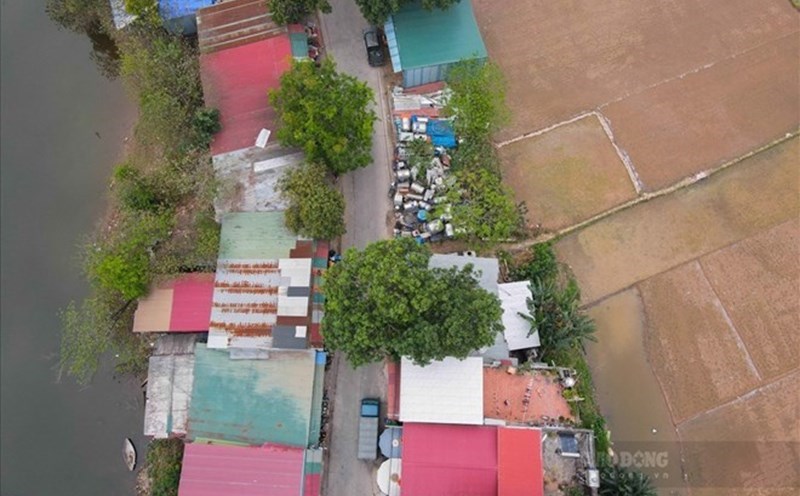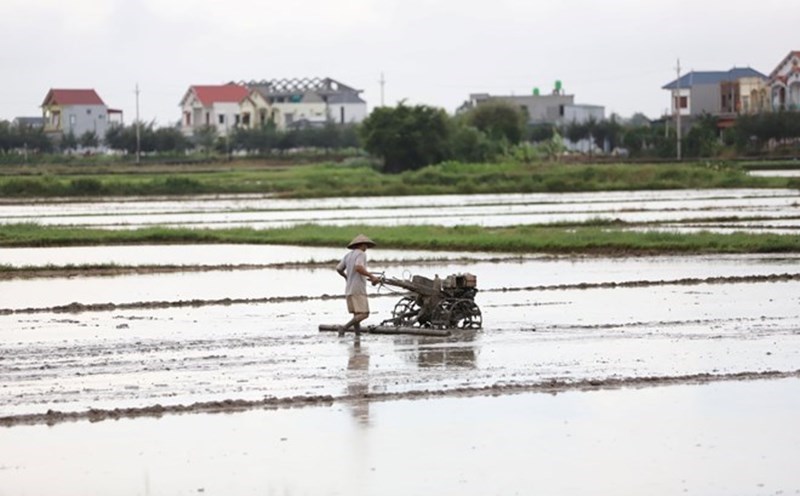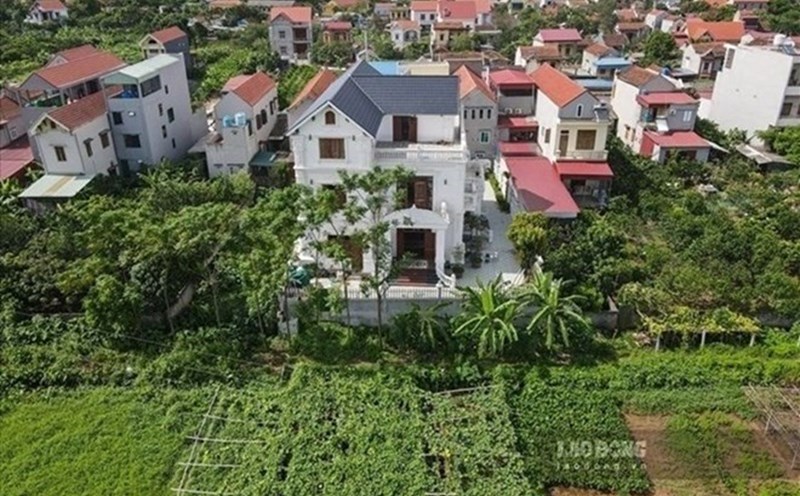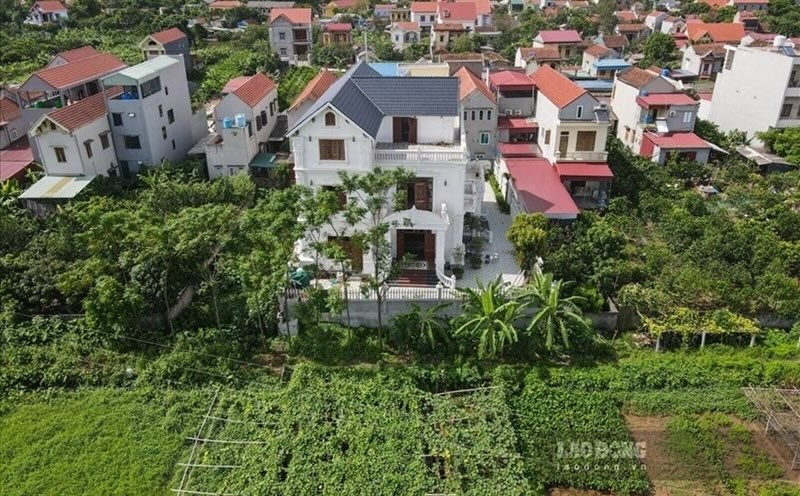The demand for converting agricultural land to residential land is increasing, especially in suburban and rural areas. However, not everyone clearly understands the legal conditions to legally change the purpose of land use.
The 2024 Land Law has clearly stipulated the cases where it is allowed and not allowed to convert agricultural land to residential land.
According to Article 190 of the 2024 Land Law, the conversion of land use purposes must meet three factors: in accordance with the planning, with clear land use needs, and meeting legal conditions for conversion.
Clause 1 of this Law states: The conversion of land use purposes must be based on the planning and land use plans approved by competent state agencies; the land use needs expressed in investment projects, land allocation applications, land leases, land use conversion; the ability to meet the conditions for conversion of land use purposes according to relevant laws.
Thus, the land to be converted must be located in an area that has been planned as residential land and have an annual land use plan approved by a competent state agency. If the land is not in the planning or has not been included in the land use plan, the application for a change of purpose will not be considered for settlement.

Land users cannot arbitrarily carry out the conversion but must submit a permit. The Law clearly stipulates: Organizations, households, individuals, and communities that are allocated land by the State without collecting land use fees, are recognized with land use rights, and are granted a transfer of land use rights but have a need to change the land use purpose must submit a dossier to the competent state agency and can only do so after being permitted by that agency (Clause 1, Article 190, Land Law 2024).
For households and individuals, the approval authority belongs to the district-level People's Committee (in case the locality implements the two-level government model, this authority can be re-decentralized according to the provisions of law and the instructions of the competent authority); for organizations, it is decided by the provincial People's Committee.
A noteworthy point is that the conversion of land use purposes is not exempt from financial obligations. Land users must pay land use fees corresponding to the difference between residential land prices and agricultural land prices according to the land price list issued by the provincial People's Committee.
Article 196 of the law clearly states: "When a land user is permitted by the State to change the land use purpose, he/she must pay land use fees, land rent and other financial obligations according to the provisions of law".
If people arbitrarily convert without permission from the competent authority, they can be subject to administrative sanctions, forced to dismantle illegal construction works and have to restore the original state. In fact, there have been many cases of building houses on agricultural land without converting the purpose, leading to financial losses and total loss of property.











